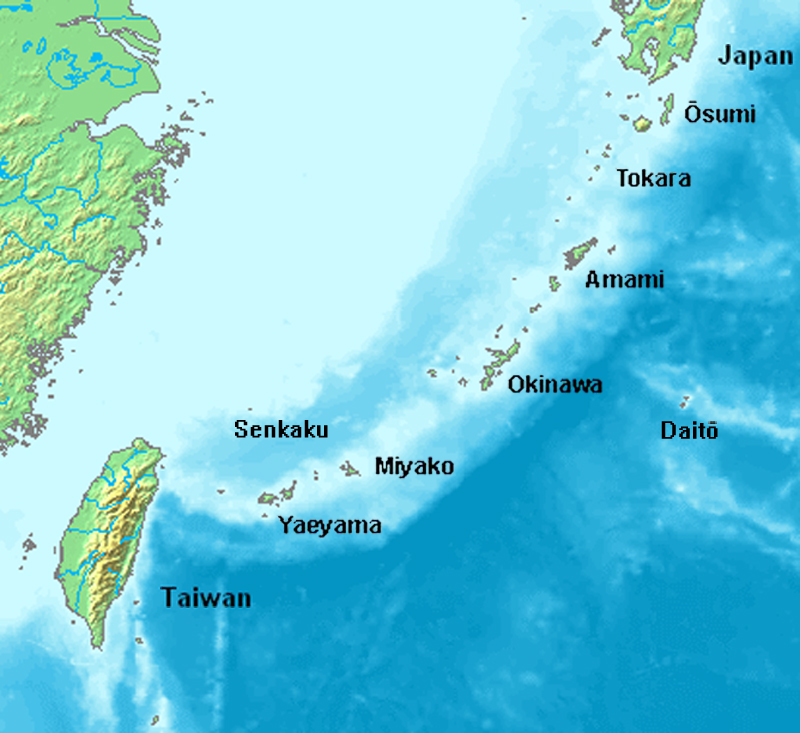7667766266
enquiry@shankarias.in
Frustration still lingers in Okinawa even after 50 years of its reversion to Japan from US rule.

Reference